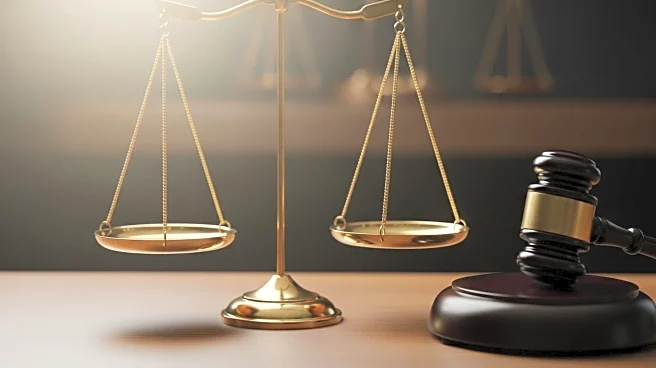What's Happening?
The Karnataka High Court in India has ruled against Elon Musk's X, dismissing its challenge to the Indian government's content takedown orders. The court determined that foreign companies like X do not have constitutional free speech rights under Indian law. The ruling supports the government's use of the Sahyog portal to issue takedown orders, a move criticized by X as lacking transparency and violating free expression principles. The decision reflects India's assertive stance on regulating global tech companies.
Why It's Important?
The ruling has significant implications for foreign tech companies operating in India, highlighting the limitations of invoking free speech protections under Indian law. It underscores the growing regulatory challenges faced by global platforms in navigating local laws and government directives. The decision may influence how tech companies approach content moderation and compliance in India, affecting their operations and user engagement. The case also reflects broader debates on balancing government control with free expression in the digital age.
What's Next?
X may consider appealing the ruling to the Supreme Court, although legal experts suggest the outcome may not be favorable. The decision could lead to increased scrutiny of India's content regulation practices and potential adjustments to the Sahyog portal's operations. Tech companies may need to reassess their strategies for compliance with Indian regulations, potentially impacting their business models and user policies.
Beyond the Headlines
The case highlights the tension between national sovereignty and global digital rights, raising questions about the role of government in regulating online content. It may prompt discussions on the ethical implications of content takedown orders and the need for transparent processes that respect free expression while addressing unlawful content. The ruling could influence international debates on internet governance and the responsibilities of tech companies in different jurisdictions.











